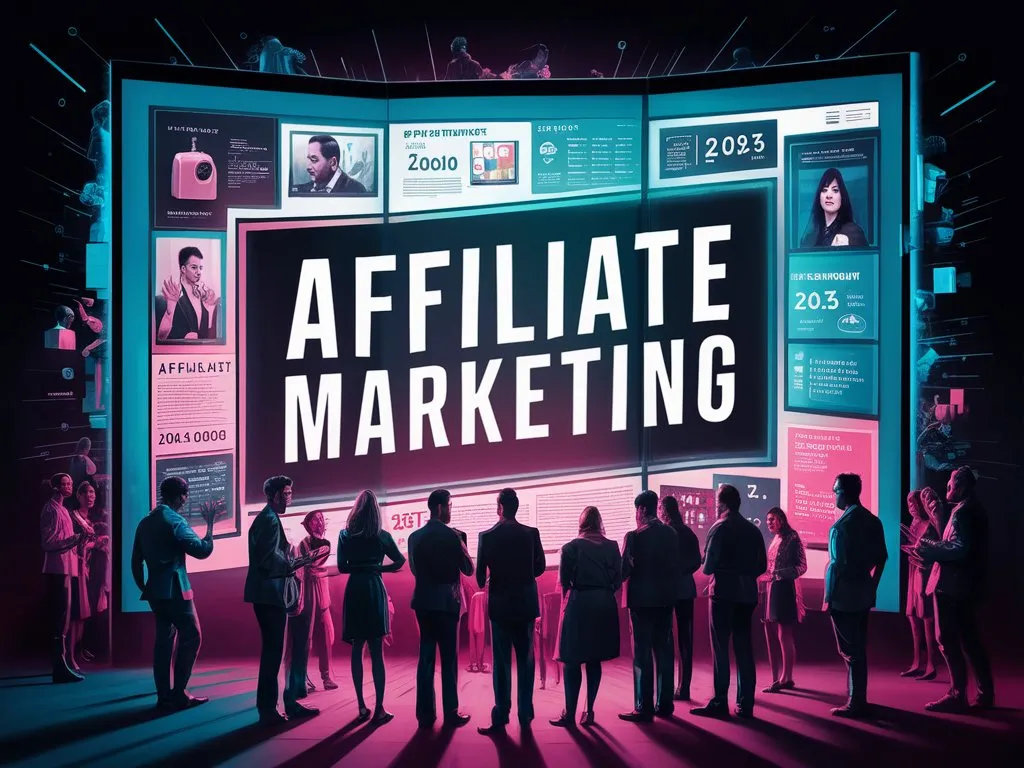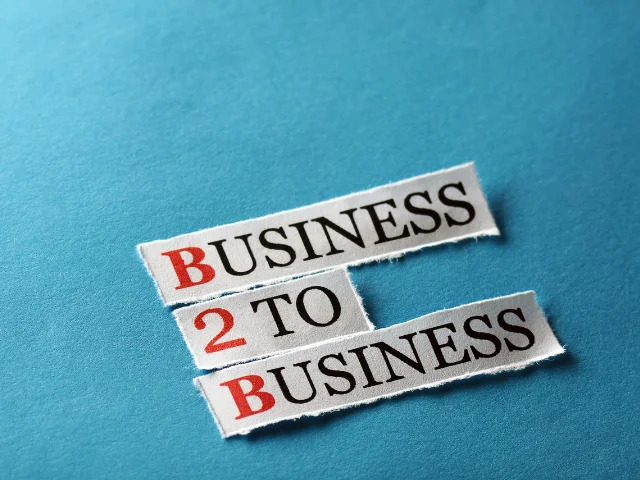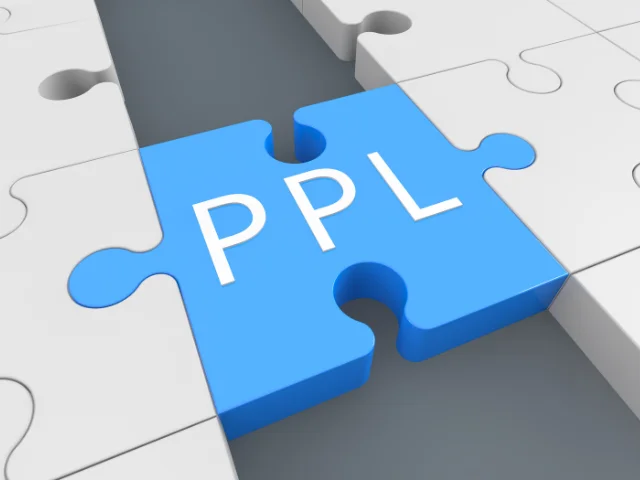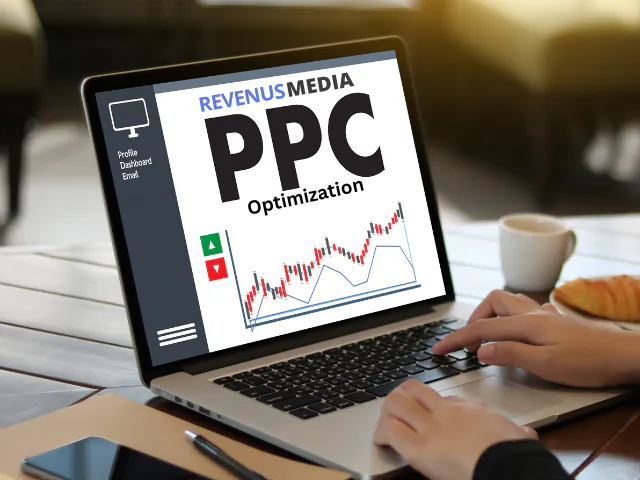
Explore the types of affiliate marketing intro and discover key models to boost your marketing success!

Affiliate marketing is a straightforward way to earn by promoting products or services for other people. There are four main players: the affiliate (that’s you), the company selling the product, the network that brings you together, and the customer (Coursera). You pocket a commission for each sale, lead, or action that comes from your promotion.
This pay-for-performance strategy lets you rack up earnings without getting tied down by inventory or customer support. As you craft content, steer traffic, and push your links, your income grows based on your marketing mojo.
Mixing up your affiliate marketing methods is key to tapping into diverse audiences and boosting earnings. Various approaches give you the wiggle room to adapt in a tough market. Each type has its perks. For instance:
Trying out different kinds of affiliate marketing lets you pick the methods that match your goals and what your audience likes. Diversifying your strategies, be it pay per click, pay per lead, or pay per sale marketing, helps hone your game in various scenarios. By mixing and matching your strategies, you can better your efforts and get the most out of your affiliate marketing hustle.
Let’s break down the four biggies you need to know: B2B affiliate marketing, referral marketing, influencer marketing, and technology partnerships. Trust me, mastering these can make a big difference.

In B2B affiliate marketing, you promote products and services between businesses. Let’s say you’re telling Company A that Company B has an amazing tool, and then you get paid for every sale through your referral. It’s like being the matchmaker in a business love story. This works great if your audience swims in the business pool.
| Key Features | Description |
|---|---|
| Audience | Other businesses |
| Commission Structure | Based on sales conversions |
| Channels | Content marketing, emails, webinars, etc. |
| Trust Level | High—partners build credibility together |
Referral marketing is your “Hey, you’ve got to try this!” approach. It happens when happy customers recommend a product to their buddies. It works because people trust friends more than ads. Imagine you’re raving about a cool gadget, and boom, your friend buys it. You get a thank-you commission! According to stats, 88% of folks trust personal recommendations over other channels (Impact).
| Key Features | Description |
|---|---|
| Audience | Friends, family, and community |
| Commission Structure | Often a flat referral fee |
| Channels | Social media, emails, personal chats |
| Trust Level | Sky-high, thanks to personal touch |
Curious about how to ace email referrals? Peek at our email list affiliate marketing tips.

Ever bought something because your favorite influencer said it’s awesome? That’s influencer marketing. Influencers share their love for products with their followers, making it feel real and relatable. From TikTok stars to expert bloggers, these influencers can move mountains (Impact).
| Key Features | Description |
|---|---|
| Audience | Followers of the influencers |
| Commission Structure | Could be flat fees or performance-based |
| Channels | Social platforms, blogs, videos, you name it |
| Trust Level | Varies—depends on how trustworthy the influencer is |
Want to dig deeper? Check out our scoop on influencer affiliate marketing.
Tech partnerships are when brands band together to boost their tech toys. Two heads—or in this case, brands—are better than one. They combine tools, resources, and know-how to attract users and solve problems together (Impact).
| Key Features | Description |
|---|---|
| Audience | Businesses and techies |
| Commission Structure | Based on sales or leads generated |
| Channels | Co-promotions, joint webinars, blogs, etc. |
| Trust Level | High as reputable brands team up |
For more off-the-beaten-path strategies, check out lesser-known affiliate marketing ideas.
Understanding these types of affiliate marketing helps you hit your target like a pro. Your game plan will be sharp, and your results will shine. Now go get those conversions!
Getting a grip on different commission models in affiliate marketing can do wonders for your strategy. Each model has its perks and fits different business goals, making it essential to find your best match.

Pay Per Sale (PPS) is the top dog in the affiliate game. Affiliates pocket a commission for every sale made through their link. This setup works magic for advertisers since they only shell out cash for actual purchases.
| Details | Info |
|---|---|
| Average Cut | 5-30% |
| Payout Timing | Monthly |

In the Pay Per Lead (PPL) model, affiliates rake in commissions for each lead they bring in. You’ll see this a lot in fields like insurance, education, and B2B. The payout per lead is usually lower than for sales.
| Details | Info |
|---|---|
| Average Cut | $10-$100 per lead |
| Payout Timing | Program-dependent |

Pay Per Click (PPC) is about getting paid for clicks on your referral link. This model is gold for boosting brand awareness and site traffic, and it’s a breeze to achieve clicks compared to sales or leads.
| Details | Info |
|---|---|
| Average Cut | $0.10-$5 per click |
| Payout Timing | Weekly to Monthly |

The Cost Per Action (CPA) model pays affiliates when users complete a specific action, like downloading an app or signing up for a newsletter. CPA blends elements from PPL, PPC, and PPS.
| Details | Info |
|---|---|
| Average Cut | $1-$50 per action |
| Payout Timing | Program-dependent |
Getting to know these affiliate marketing commission models arms you with the knowledge to align your strategies just right. For even more tips and tricks on specific types, dive into influencer affiliate marketing and email list affiliate marketing.
Affiliate marketing is a way to earn money by promoting products or services for a company. You earn a commission for every sale, lead, or action made through your promotional efforts. There are four main players: the affiliate (you), the company selling the product, the network connecting you, and the customer.
Anyone with an online presence, such as a blog, social media account, or website, can become an affiliate marketer. The key is to have an audience that you can influence and the ability to promote products or services effectively.
There are several types of affiliate marketing, including:
B2B Affiliate Marketing: Promoting products or services between businesses.
Referral Marketing: Using personal recommendations to encourage others to make a purchase.
Influencer Marketing: Leveraging social media influencers to promote products.
Technology Partnerships: Collaborations between brands to promote tech-related products or services.
Different marketing styles allow you to reach diverse audiences and maximize your earning potential. By diversifying your strategies, such as using pay per click, pay per lead, or pay per sale, you can adapt to different markets and improve your chances of success.
B2B affiliate marketing involves promoting products or services to other businesses. This type of marketing usually involves high commissions, as the products and services are often more valuable and tailored to business needs
Referral marketing relies on personal recommendations. If you have a positive experience with a product, you can recommend it to others. When they make a purchase based on your recommendation, you earn a commission. This type of marketing is effective because people trust personal recommendations more than advertisements.
Influencer marketing involves collaborating with influencers who have a large following on social media or other platforms. These influencers promote products to their audience, often making the promotion feel more authentic and relatable.
Technology partnerships occur when two brands collaborate to promote each other’s products or services, often combining their resources and expertise. This type of partnership is common in the tech industry and can lead to higher trust and credibility.
There are several commission models, including:
Pay Per Sale (PPS): You earn a commission for each sale made through your referral link.
Pay Per Lead (PPL): You earn a commission for each lead you generate, regardless of whether a sale occurs.
Pay Per Click (PPC): You earn money for every click on your referral link.
Cost Per Action (CPA): You get paid when a user completes a specific action, such as signing up for a newsletter.
Pay Per Sale (PPS) is often the most profitable because commissions are based on actual sales. However, the best model for you depends on your audience and the type of products you are promoting.
To choose the best strategy, consider your audience, the type of products or services you want to promote, and your marketing strengths. You may need to experiment with different types of affiliate marketing and commission models to find the most effective approach for your business.
Yes, using a mix of different strategies can help you reach a broader audience and increase your chances of success. For example, you might combine B2B affiliate marketing with influencer marketing to target both businesses and individual consumers.